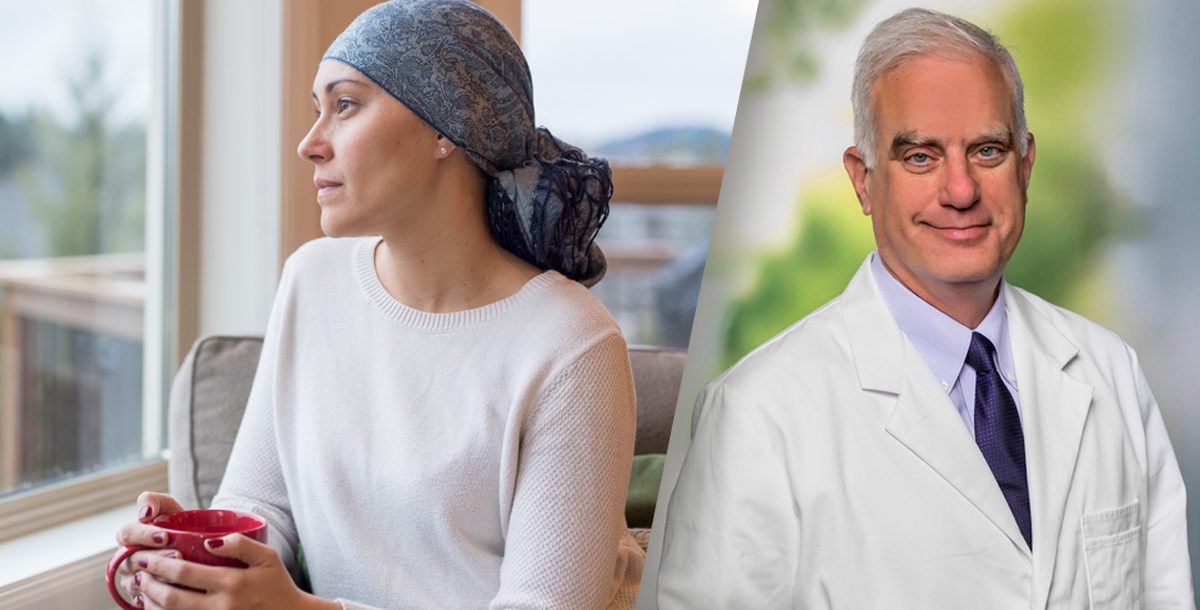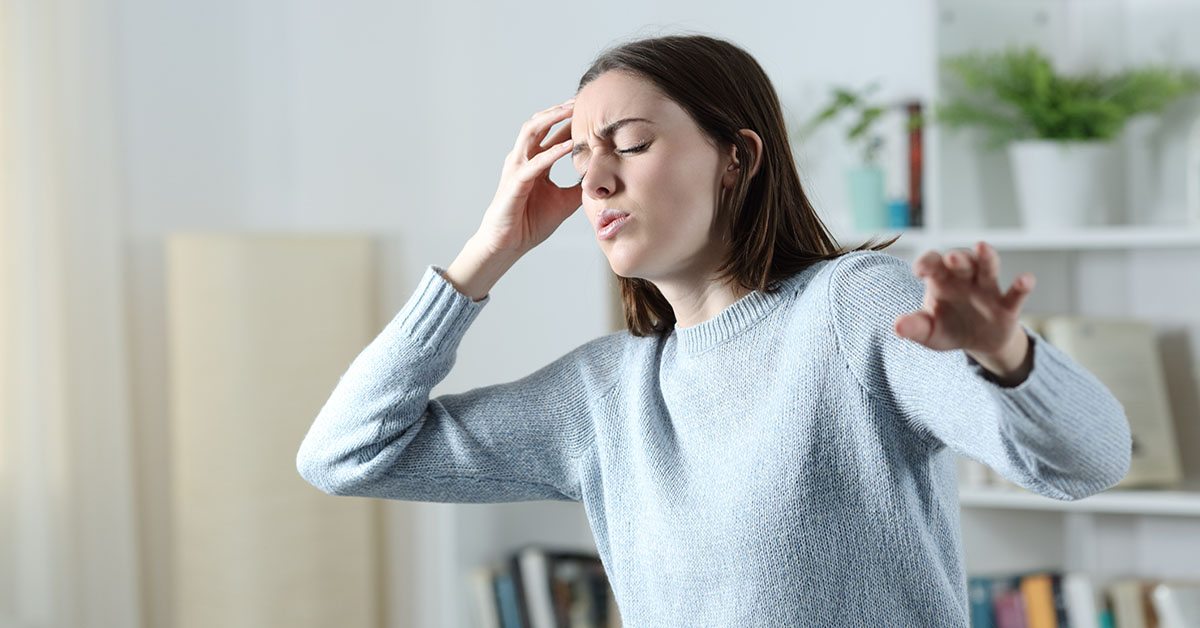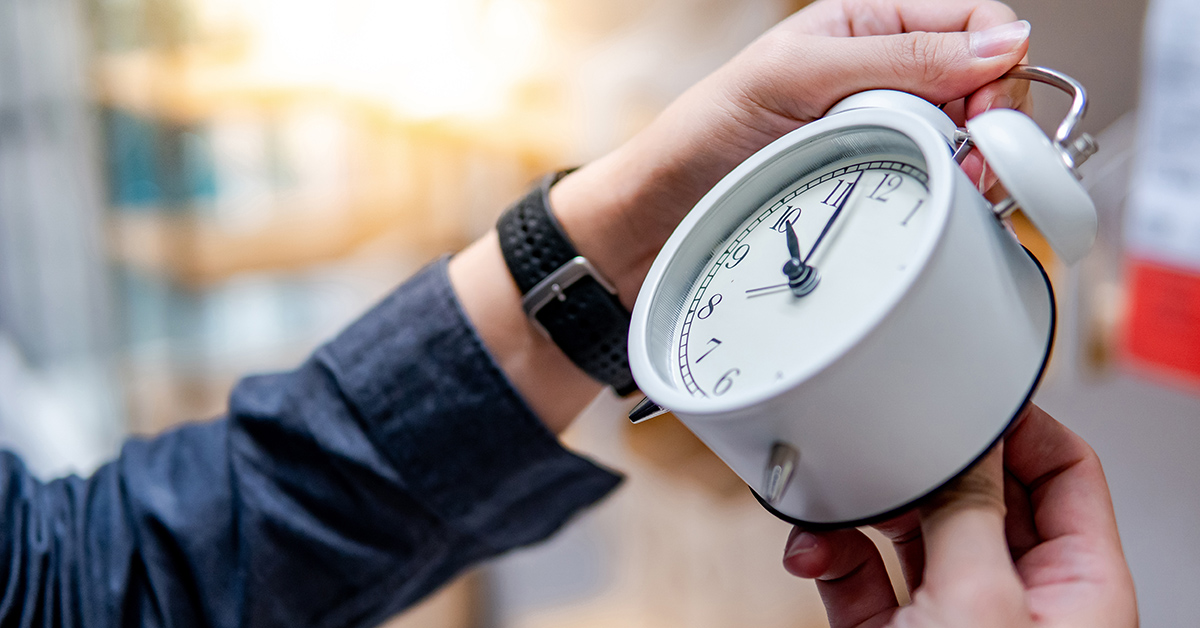Winter can create many hazards that we consider a hassle – from the frigid temperatures to slippery sidewalks. However, what many of us see as seasonal inconveniences can be potentially dangerous health risks for cancer patients.
“Some of the things that are difficult for people who aren’t going through cancer just become doubly difficult for those who are,” Bob Siegel, MD, medical director at the Bon Secours St. Francis Cancer Center, shares. “I don’t know of a cancer patient who doesn’t routinely complain that they feel cold. They’ve lost a lot of body tissue, body fat in the process of the cancer and the treatment of their cancer. Any extreme, especially with cold, is going to affect them in terms of quality of life.”
One of the most problematic issues for cancer patients is temperature regulation, which makes them more prone to frostbite and hypothermia. Plus, some of the medications they take can cause neuropathy.
“They may drop their body temperature and not be aware of it,” Dr. Siegel warns. “Any of us who have normal feeling and sensation in our hands and our feet, that numbness is the first sign that there’s a problem – an indication that maybe we need to go and warm up. For cancer patients, if they’re already numb, it’s hard to know when that tissue damage is starting. Thus, if they’re out in the cold too long, that can cause some rather serious consequences.”
For this reason, Dr. Siegel advises cancer patients to stay indoors as much as possible when there are extremely cold temperatures. For those who do venture out, he says to dress warmer than you think you need to, especially when it comes to the extremities. Using a timer and limiting the time spent exposed to the cold will also help.
However, even when armed with warm winter gear, there’s still another risk for cancer patients to consider – falling.
“Many of our patients have balance issues to start with,” Dr. Siegel shares. “Also, their bones are osteoporotic, thin and brittle. Inconsequential falls for anyone may be very consequential for our patients – they can wind up with fractures and be laid up, which can delay their treatment as a result.”
So, if ice or snow are making things a little more precarious than usual, don’t be afraid to ask for help getting from point A to point B if you are a cancer patient. Accepting a helping hand can go a long way toward preventing serious fall injuries.
While staying indoors can protect cancer patients from cold weather and falls, it comes with its own set of risks for those with a compromised immune system.
“The cold tends to drive people inside, putting our patients in close proximity with people who may be ill – whether that be COVID-19, flu, colds – and many of our patients are very susceptible to infection,” Dr. Siegel says.
Wearing a face mask and practicing good hand hygiene are important steps to prevent the spread of illness while indoors. Vaccinations can also help protect patients who have a higher chance of having complications from the flu or COVID-19. And just because you’re stuck indoors doesn’t mean you can’t keep up a healthy routine.
“You need to be creative,” Dr. Siegel shares. “People can exercise in their own homes – get up, walk around, stretch your arms and legs, flex your muscles – even when you’re sitting. Move the legs up and down to promote blood flow. All of those things are very good. It doesn’t substitute for being able to get outside, but sometimes it’s just not worth it to try to get outside when the weather is extreme.”
Learn more about the cancer care services we offer at Bon Secours.





